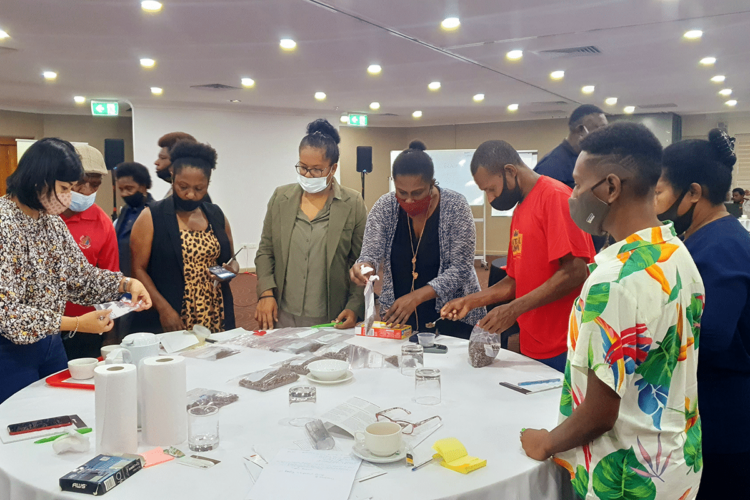Papua New Guinea’s (PNG) national coffee regulatory authority has rolled out a series of revisions to its green bean standards and regulatory policy guidelines that aims to address price discrimination against small holders in the coffee industry.
These were published in late 2020 by the Coffee Industry Corporation (CIC) and approved by the National Institute of Standards and Industrial Technology (NISIT).
Under the previous system, coffees that were not produced on large plantations were unable to receive the country’s top-grade certification, regardless of their evaluated quality.
This new revision eliminates these restrictions and simplifies the number of Arabica grade categories from 13 to five. These five categories are A, B, Y, Y2, and Y3. A numerical suffix may be added to the top three grades to designate screen size.
“For Arabica, the new A grade effectively replaces AA, A, AB, C, PB, C, X, and E, all of which had similar cupping qualities,” says Mick Wheeler, a PNG coffee industry representative.
“The new B grade replaces the existing PSC grade, with Y becoming Y1, Y2 remaining essentially the same, and Y3, less restrictive. In Robusta, R1 is a completely new superior grade, which will apply to any better-quality Robusta coffee produced in future that will be destined for the specialty market.”
A four-day workshop for the Southern region of PNG was held in Port Moresby to ensure the coffee stakeholders were informed of these revised green coffee standards and new regulatory policy guidelines.
This workshop was supported by the Australia and New Zealand Governments, CIC, and the Pacific Horticultural and Agricultural Market Access (PHAMA Plus) Program.
During the workshop, parties discussed changes in the documentation process, the Online Export Manager System and gaps within the industry that needed specific training. The CIC has already conducted similar workshops in the coffee producing regions of the Highlands, Momase, and Island regions.
“Green coffee quality standards are strictly enforced [by] CIC’s Export and Quality Control office at the export port at Lae,” says Rose Romalus, Senior Quality Control Officer.
“PNG is able to maintain market competitiveness through regulations and processes that protect the country’s image abroad.”
PHARMA Plus is funded by the Australian and New Zealand Governments and aims to provide practical and targeted assistance to help Pacific Island countries manage their regulatory processes for exporting primary and processed horticulture and agriculture products.
For more information on the new guidelines, contact CIC through their Facebook page.





